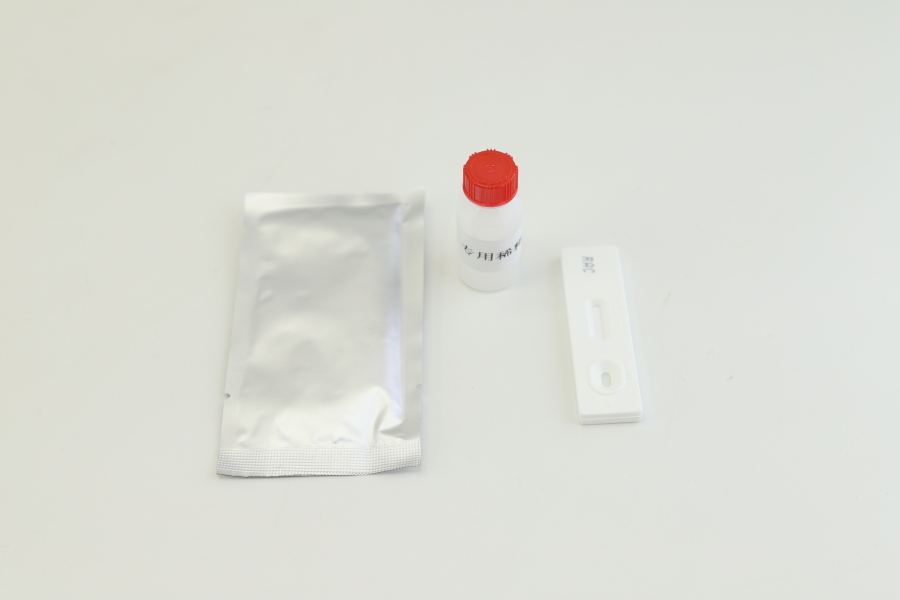
β-lactam drugs are a class of antibiotics widely used in clinical and animal husbandry, including penicillins, cephalosporins, etc. Among them, amoxicillin is particularly commonly used in animal disease prevention and treatment due to its wide antimicrobial spectrum and significant efficacy. However, the unreasonable use or abuse of these drugs may lead to their residues in animal-derived foods, posing a potential threat to human health, such as triggering allergic reactions and inducing bacterial resistance. Therefore, the detection of β-lactam drug residues in food, especially amoxicillin, is an important link to ensure food safety.
Beta-lactam drug residue detection is of great significance for food safety supervision and consumer health protection. After animals ingest beta-lactam drugs, the drugs will be metabolized in the body, but some may still remain in edible tissues such as muscles, internal organs, milk, eggs, etc. Long-term intake of foods containing such residues by humans may have adverse effects on the immune system and digestive system, especially for people with penicillin allergy. Trace residues may cause serious allergic reactions. In addition, the problem of bacterial resistance is also becoming more and more serious. Drug residues in food are one of the important ways to spread bacterial resistance.
For the detection of β-lactam drugs, traditional methods such as high performance liquid chromatography (HPLC) and liquid chromatography-mass spectrometry (LC-MS/MS) have high accuracy and good sensitivity, but the operation is complicated, time-consuming and high cost, making it difficult to meet the needs of on-site rapid screening and large-scale sample detection. Therefore, rapid detection technology came into being. Among them, immunocolloid gold chromatography technology has been widely used in the field of food safety rapid detection due to its advantages of simple operation, fast and efficient, relatively low cost and intuitive results.
Wuhan Yupinyan Bio, as a professional manufacturer of food safety rapid detection reagents, knows the importance of rapid and accurate detection. The rapid detection reagents for β-lactam (including amoxicillin) developed and produced by it are designed to provide convenient and efficient detection tools for food manufacturers, regulatory authorities and testing institutions. These reagents usually use specific antigen-antibody reaction principles, which can complete the detection of samples in a short time (usually a few minutes to ten minutes). They are suitable for on-site rapid screening of β-lactam drug residues in various animal-derived foods such as livestock and poultry meat, aquatic products, dairy products, and eggs. By using the rapid detection reagents of Wuhan Yupinyan Bio, relevant units can be helped to detect problems in time, effectively control risks, and ensure the quality and safety of food from the source.
With the continuous improvement of people's attention to food safety and the continuous strengthening of supervision, the detection requirements for drug residues such as beta lactams are also getting higher and higher. Rapid detection technology plays an increasingly important role in the food safety control system with its unique advantages. Wuhan Yupinyan Bio will continue to be committed to the innovation and development of food safety rapid detection technology, continuously improve the performance of detection reagents, contribute to the protection of the public's "safety on the tip of the tongue", and help build a more complete food safety assurance system.

